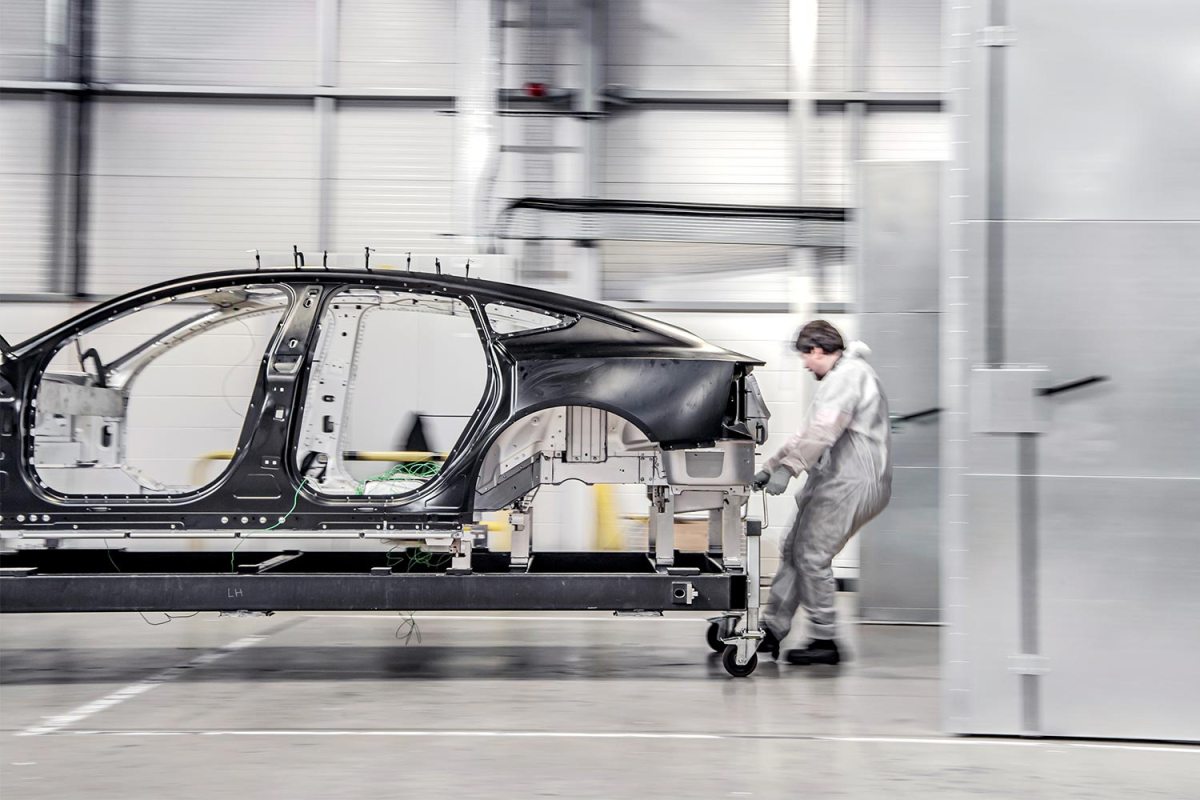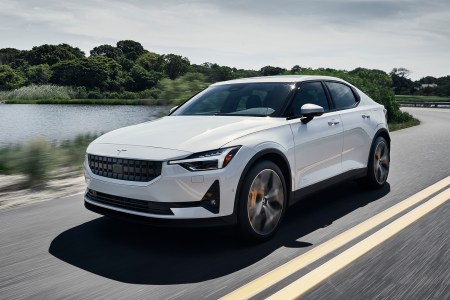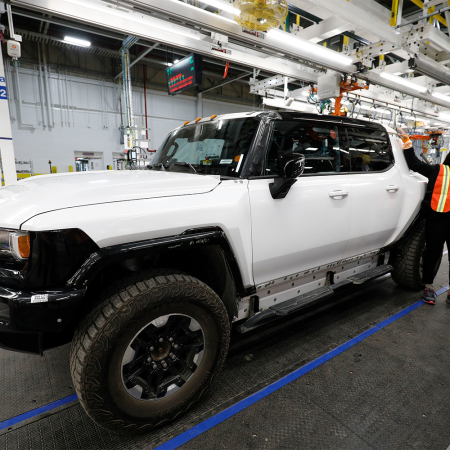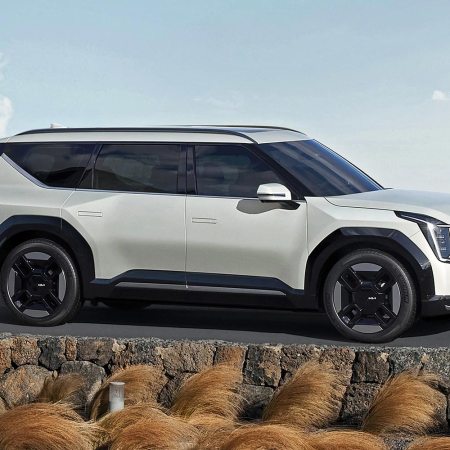The race among automakers right now seems to be: who will be the first to build an EV that replicates a gas car in every way? We’re talking range that equates to a full tank of gas, fast-charging that’s equivalent to filling up at the pump, towing capacity that doesn’t drain the battery — and if they can surpass gas cars in range, convenience and performance, all the better. If we want people to switch to EVs as part of a plan to combat climate change, the thinking goes, the vehicles need to at least be as good as, if not better than, their internal combustion counterparts.
The problem is that in the race to capture the interest of people who have become used to gasoline-powered cars over the last century, this way of thinking has taken precedence over the reason electric cars have been supported in the first place: lower emissions. While it’s generally the case that EVs are responsible for more emissions during manufacturing but “drastically cleaner than conventional gasoline vehicles” over a lifetime of use, as explained by Bloomberg Green, automakers aren’t necessarily interested in promoting their environmental bonafides. They just assume the public will treat their EVs as “green,” and instead focus on highlighting things like insane horsepower and torque.
Polestar is taking a different approach. The electric car maker, which spun off from Volvo, is not only working to make compelling EVs that can go toe-to-toe with ICE equivalents (with the Polestar 2 currently available and Polestar 3 SUV coming later this year), but it’s doing the important work of slashing emissions throughout its supply chain in order to make vehicles that are less harmful from the outset.
Review: The Volvo-Owned Polestar 2 Is an Electric Rocket to Challenge the Crossover Norm
Never heard of ’em? There are plenty of reasons to consider the EV newcomer.Today, Polestar published its Annual Sustainability Report for 2022, which found that the company was once again able to drastically decrease its emissions per car sold.
“[Polestar] reduced relative CO2e-emissions per car sold by eight percent compared to 2021 levels, and this during a year of record global volume growth, as the company delivered nearly 51,500 cars in 2022, an increase of 80 percent since 2021,” they wrote in a press release. “While absolute emissions have increased as a result of the scale-up, relative emissions on a per-unit-basis have reduced by 13 percent since 2020. This is the second consecutive year the company combined rapid growth with carbon cuts. This puts Polestar on track towards its goals of halving relative emissions by 2030.”
It’s not the sexiest slogan a marketing team could dream up, and the details even less so. The emission cuts here, they note, are due to a number of factors, some out of their control (like sales in markets that have a larger percentage of renewable energy in the grid), but some due to their deliberate action (like changing to an aluminum supplier which uses hydropower and running the Polestar 2 factory entirely on 100% renewable electricity).
You don’t sell many cars by running ads saying, “We changed to a more responsible aluminum supplier!” But as more resources become available looking at the environmental and emissions impact of EV production, hopefully these types of changes will be rewarded, as they should be.
For its part, Polestar is happy to double down on its radical environmental mission while other automakers take a different tack. One of its goals for this decade is to create a climate-neutral car, one that has “zero carbon emissions in the production of the car, delivery to customer, and end-of-life,” by 2030.
The project is called “Polestar 0,” and the company refers to it as their “moonshot.” It may not get the public going, but from where I’m standing, a car with zero carbon emissions is way more exciting than an EV trying to replicate a V8.
Thanks for reading InsideHook. Sign up for our daily newsletter and be in the know.


















